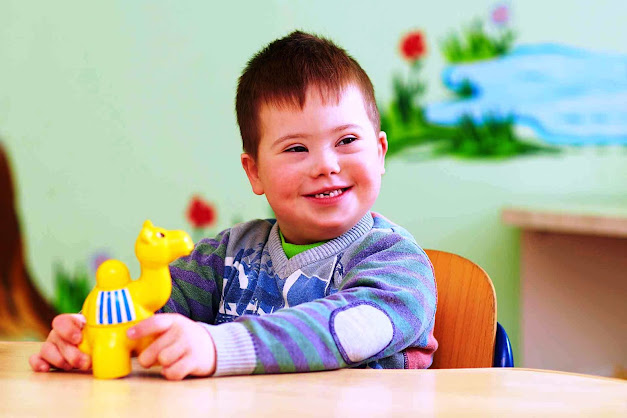Can You Assist A Child With Down Syndrome?
Parenting or caring for a child with Down syndrome is both challenging and rewarding. As a result of this genetic condition, children, families, and caregivers will all have unique circumstances and Disability Housing Investment Melbourne. Listed below are six ways to look after a child with Down syndrome.
1. Programs for Early Intervention
Many states and counties offer Early Intervention Programs. Your child will develop social, emotional, and linguistic skills by participating in these programs. A Disabilities Education Act (IDEA)-mandated Individualized Family Service Plan (IFSP) can include specialized physical, occupational, and speech therapy.
You can consult the IFSP to learn what services are available for your child. Additionally, parents and siblings can access free resources.
2. Develop Patience
People with Down syndrome may need to spend a little longer learning new skills. The key is to learn to slow down and be more patient.
It does not mean that your client or child cannot be a kid! Teach household chores step by step by breaking them up into smaller steps. Organize your day so that you can read, play, and go outside. Sports, music, and other hobbies are among the hobbies enjoyed by children with Down syndrome and those without special needs.
3. Monitor Your Individualized Educational Program (IEP)
A child's educational program (IEP) will be developed when they are ready for school. Caretakers and personal care assistants (PCAs) should be prepared to advocate for a child with Down syndrome, as special accommodations will most likely be needed to ensure the child's academic success.
Creating an IEP allows you to determine how to adjust classroom expectations to meet your child's needs according to their learning style.
4. Maintain Routines and Freedoms
Consistent daily and weekly routines will benefit a child with Down Syndrome. Remain patient and stick to a simple routine! Transitioning from one task to the next is an important skill for children to learn. Picture books and songs may help younger children to understand routines. If kids adopt these habits, they feel a sense of control over their lives.
Despite routines and rules, children should be allowed their freedoms. If appropriate, allow your child to make choices, for example, which clothes to wear. Please support your child as they come up with solutions, but continue to allow them to work independently. The benefits of this will be resilience and independence for your child.
5. Research Special Health Risks
Health problems are common among people with Down syndrome, but not every individual will suffer from them. The chance of developing pulmonary hypertension increases by about 50% for those with congenital heart defects. Nearly half will have trouble hearing and seeing as well.
Often, these health risks can be managed with proper diagnosis and regular medical attention.
6. Join A Support Group
Raising a child with Down syndrome can be overwhelming, so joining a support group can help them gain confidence and build community.



Comments
Post a Comment